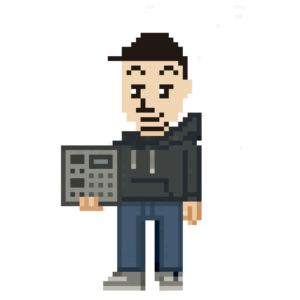In hip-hop music, the beat is akin to its heartbeat. In this genre, BPM (Beats Per Minute) is a crucial element that shapes the mood and flow of a track. So, what constitutes an ideal BPM in hip-hop beatmaking?
To view the content ahead, you need to register as a paid member. Click here to log in.


Leave a Reply